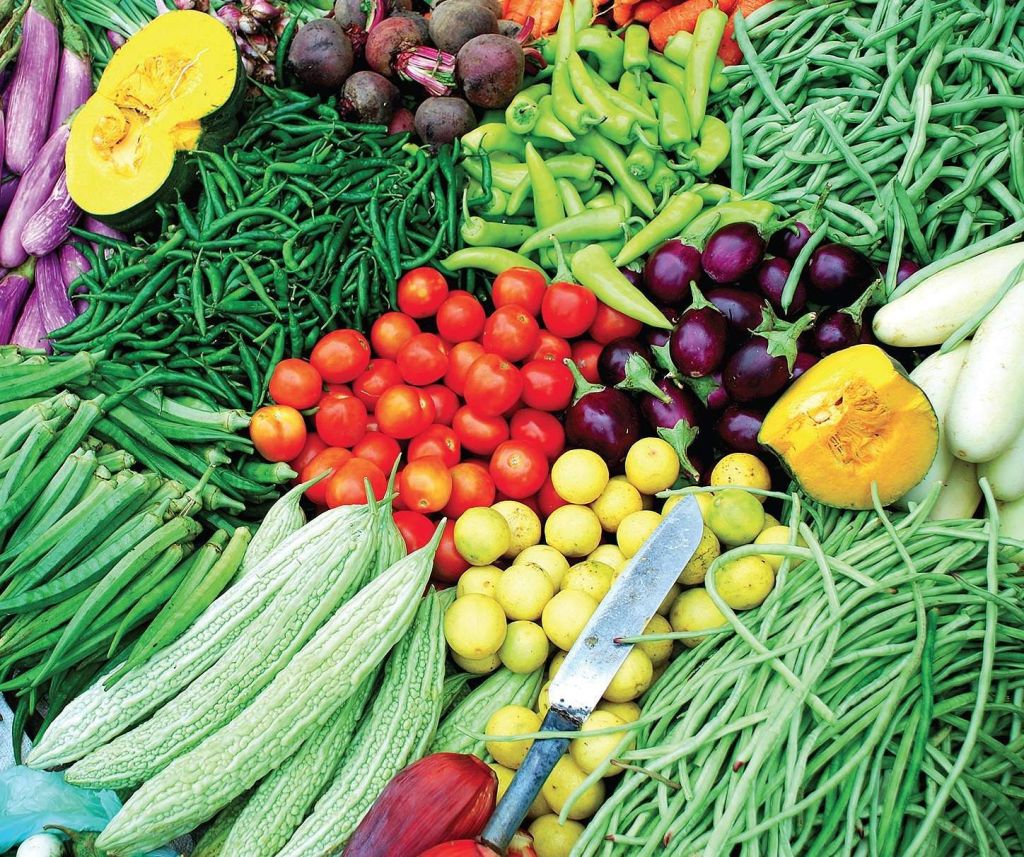Organic Farming: Cultivating a Sustainable Future
In today’s world, where the impact of human activity on the environment is becoming increasingly apparent, there is a growing appreciation for sustainable and eco-friendly practices. One such practice that has gained significant attention in recent years is organic farming. Organic farming is not just a method of growing crops; it embodies an entire philosophy centered around nurturing the planet and producing healthy, chemical-free food. This article explores the principles and benefits of organic farming, providing inspiration for those seeking to adopt this rewarding lifestyle.
At its core, organic farming aims to work in harmony with nature rather than against it. The guiding principle behind this approach is to create an ecosystem within the farm that mimics natural processes as closely as possible. Instead of relying on synthetic fertilizers and pesticides, which can have detrimental effects on soil health and biodiversity, organic farmers utilize techniques like crop rotation, composting, green manure cover crops, and biological pest control.
One of the pillars of organic agriculture is maintaining soil health. Healthy soil forms the foundation for bountiful harvests while also mitigating climate change by sequestering carbon dioxide from the atmosphere. Organic farmers prioritize building soil fertility through practices such as adding compost or well-rotted manure to enhance nutrient content naturally. By avoiding harsh chemicals that kill beneficial organisms in the soil microbiome, they promote a thriving ecosystem teeming with earthworms, bacteria, fungi, and other essential microorganisms.
Crop rotation plays a vital role in preventing pests and diseases naturally without resorting to harmful synthetic chemicals. By alternating different crops each season within specific plant families or groups with complementary growth patterns or nutrient demands (such as legumes fixing nitrogen), farmers disrupt pest life cycles while optimizing nutrient availability in their fields.
Composting stands out as another key component of organic farming systems. It involves recycling waste materials like kitchen scraps and yard trimmings into valuable humus-rich organic matter. Compost helps improve soil structure, water retention, and nutrient availability while reducing the need for synthetic fertilizers.
In addition to cultivating healthy soils, organic farmers prioritize biodiversity conservation. They create habitats for beneficial insects, birds, and other wildlife by incorporating hedgerows, wildflower strips, and cover crops into their farming systems. These natural allies aid in pest control by preying on or parasitizing common crop pests.
By adopting these ecological practices, organic farmers not only produce food that is free from harmful chemical residues but also contribute to the preservation of our planet’s delicate ecosystems. This commitment to environmental stewardship has far-reaching benefits beyond individual farms. Organic agriculture fosters cleaner air and water by minimizing pollution associated with chemical inputs. It also promotes a more sustainable use of resources like energy and water through efficient farming techniques such as precision irrigation and renewable energy integration.
Moreover, choosing organic products supports the livelihoods of small-scale farmers who often face immense challenges in an increasingly industrialized food system. By directly purchasing from local organic producers or supporting farmer’s markets, consumers can ensure fairer prices for farmers while fostering vibrant rural communities.
The health benefits associated with consuming organically grown food cannot be overlooked either. Numerous studies have shown that organic produce tends to have higher levels of essential nutrients like vitamins C and E compared to conventionally grown counterparts. Furthermore, since organic farming avoids using genetically modified organisms (GMOs), antibiotics in animal feed or growth hormones commonly used in intensive livestock production systems; it offers consumers peace of mind regarding potential long-term health risks associated with those practices.
Organic farming presents an opportunity for individuals passionate about sustainability to make a real difference in their own lives and within society at large. Whether you have access to acres of fertile land or just a small balcony garden space—every effort counts! Start composting your kitchen scraps or growing herbs without pesticides; every step toward embracing organic principles contributes towards building a better future.
In conclusion, organic farming offers a holistic approach to sustainable agriculture that nurtures the health of our planet, produces nutritious food, and supports local communities. By adopting organic practices on your homestead or even as an urban dweller with pots on your windowsill, you can contribute towards cultivating a more sustainable future. Embrace the principles of organic farming today and be part of the positive change our world so desperately needs.


Leave a comment